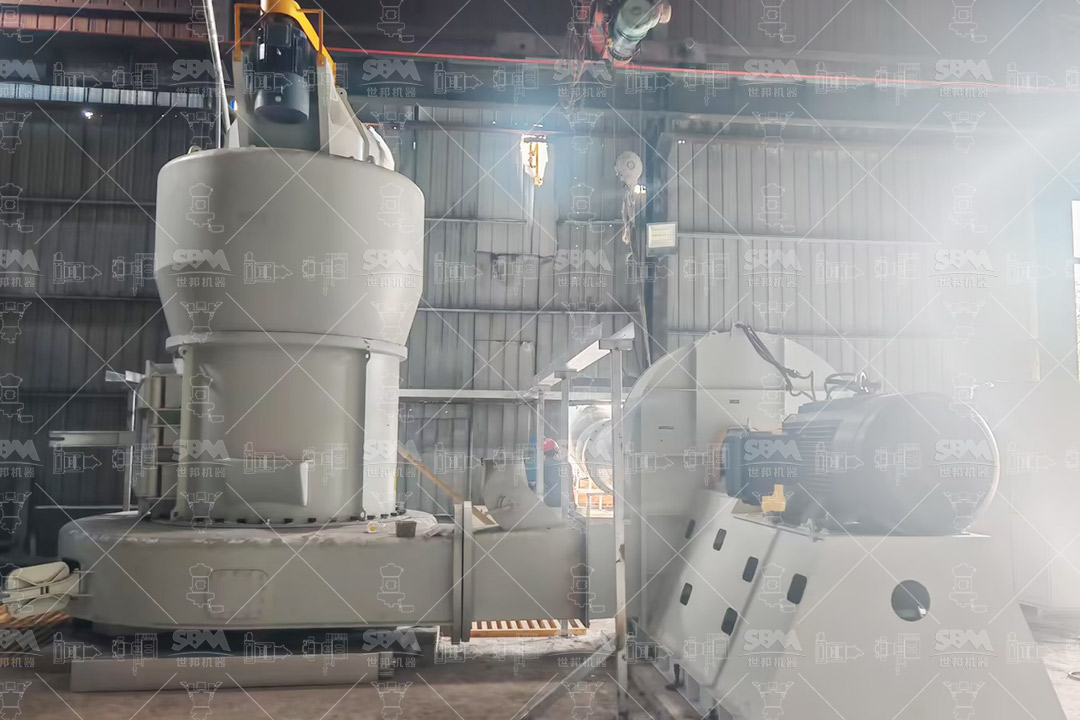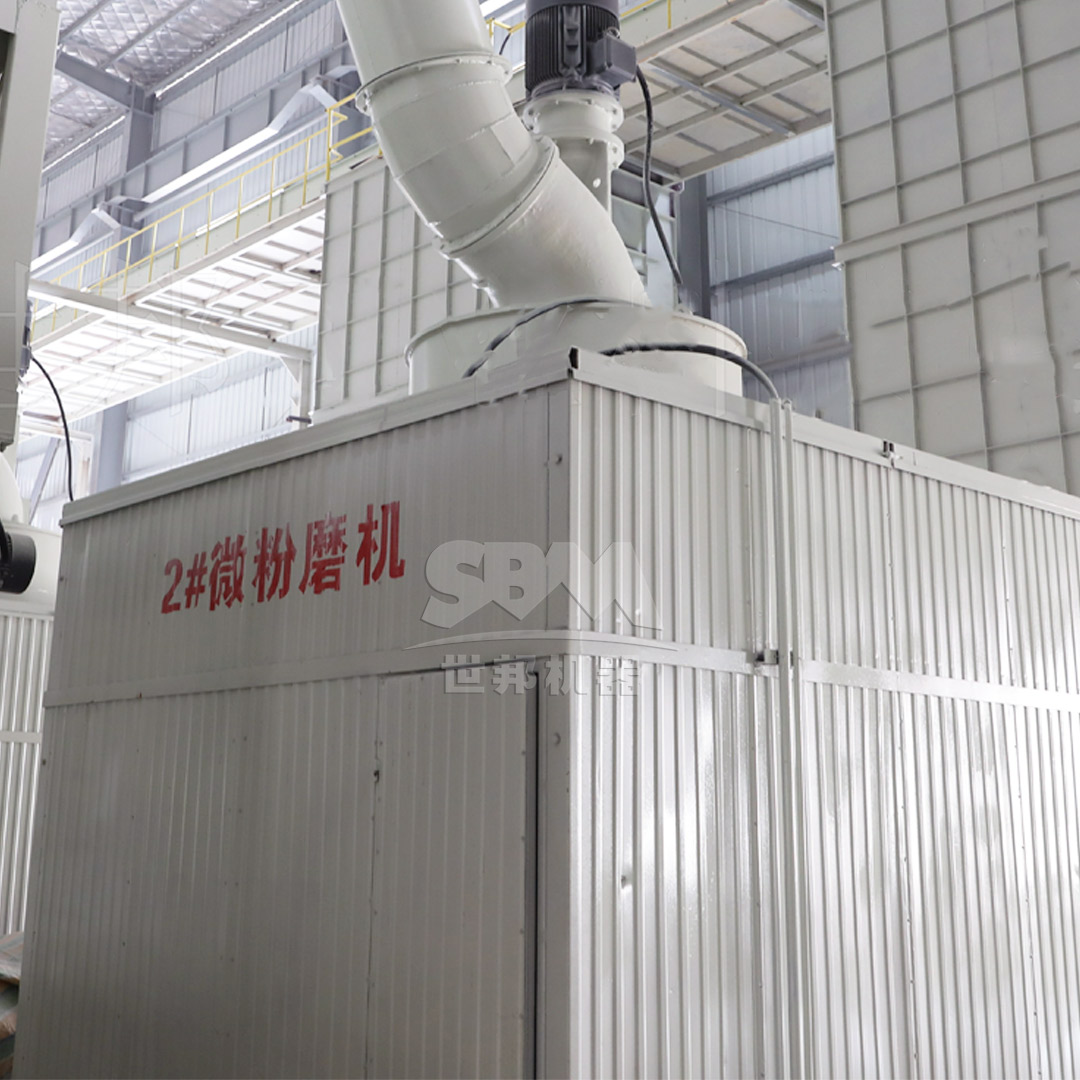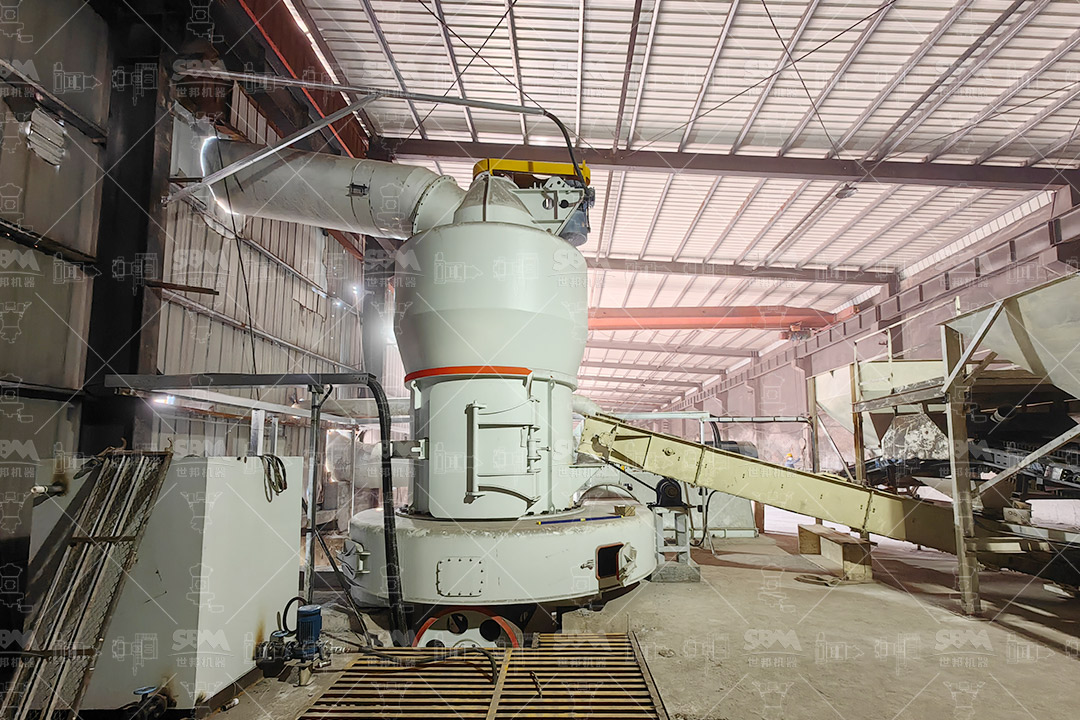Kaolin, a naturally occurring hydrated aluminum silicate, is a critical excipient in the pharmaceutical industry. Its applications range from a tablet and capsule diluent to a pelletization aid and topical formulation ingredient. The efficacy of kaolin in these roles is profoundly dependent on its particle size distribution (PSD), surface area, and purity. Achieving the stringent specifications required for pharmaceutical-grade kaolin necessitates advanced, precise, and reliable milling technology. This guide explores the technical requirements for kaolin processing in pharmaceutical applications and examines the most suitable milling equipment to achieve optimal results, highlighting key industry solutions.
Particle size is not merely a physical attribute; it is a critical quality attribute (CQA) that directly influences the performance of kaolin in drug formulations.
Consequently, pharmaceutical manufacturers often require kaolin milled to a fineness of D97 ≤ 5µm (2500 mesh) or even finer, with a narrow PSD to ensure batch-to-batch consistency.
Milling kaolin for pharmaceutical use presents unique challenges that go beyond simple size reduction:
Several milling technologies can be applied to kaolin processing. The choice depends on the target fineness, capacity, and need for integrated classification.
Jet mills use high-speed jets of compressed air or steam to propel particles against each other, causing size reduction primarily by impact and attrition. They are excellent for achieving very fine and ultra-fine powders (1-10 µm) without contamination, as there are no moving parts contacting the material. However, they are energy-intensive and may not be the most efficient choice for high-capacity production lines.
These traditional tumbling mills use grinding media (balls or rods) to crush and grind material. They are versatile and capable of producing a wide range of fineness. However, they can introduce contamination from media wear, generate significant heat, and have a relatively broad PSD, often requiring an external classifier for pharmaceutical-grade products. They are more common in mineral processing than in dedicated pharmaceutical powder production.
Hammer mills are primarily used for preliminary size reduction of larger kaolin lumps. They operate on the principle of impact by rotating hammers. While effective for coarse to medium grinding, they are generally not suitable for achieving the ultra-fine, tightly controlled PSD required for most pharmaceutical applications. Their output is often fed into a finer grinding system like an ultrafine mill.

This category represents the state-of-the-art for pharmaceutical kaolin production. These mills combine mechanical grinding (e.g., with rollers and rings) with an integrated dynamic air classifier. This allows for simultaneous grinding and precise classification within a single, closed system. The classifier immediately removes fine particles that meet the specification, preventing over-grinding and ensuring a narrow PSD. The ground material that is too coarse is recycled back to the grinding chamber. This results in high efficiency, precise control, and superior product quality.
For pharmaceutical manufacturers seeking a reliable, efficient, and precise solution for producing high-purity, ultra-fine kaolin, the SCM Series Ultrafine Mill is an exemplary choice. This mill is engineered to meet the exacting standards of modern industries, including pharmaceuticals.
Why the SCM Mill is Ideal for Pharmaceutical Kaolin:
| Model | Processing Capacity (ton/h) | Main Motor Power (kW) | Output Fineness (mesh) |
|---|---|---|---|
| SCM800 | 0.5 – 4.5 | 75 | 325 – 2500 |
| SCM900 | 0.8 – 6.5 | 90 | |
| SCM1000 | 1.0 – 8.5 | 132 | |
| SCM1250 | 2.5 – 14 | 185 | |
| SCM1680 | 5.0 – 25 | 315 |

For facilities that also require a robust solution for intermediate grinding or processing other mineral-based excipients, the MTW Series Trapezium Mill is a highly capable and efficient workhorse. While its output fineness (30-325 mesh) is generally coarser than the strict pharmaceutical-grade requirement for kaolin, it is perfect for pre-processing or for applications where a slightly larger particle size is acceptable.
Its key advantages include a wear-resistant shovel design that lowers maintenance costs, an optimized curved air duct that reduces energy loss, and a durable overall structure. It represents a cost-effective and reliable solution for many grinding tasks within a pharmaceutical raw material processing plant.

The selection of milling equipment is a pivotal decision in the production of pharmaceutical-grade kaolin. The process must deliver unparalleled precision, consistency, and purity while adhering to stringent GMP and safety standards. While various technologies exist, ultrafine mills with integrated intelligent classifiers, such as the SCM Series, represent the optimal solution for direct production of the finest, most consistent kaolin powders. For robust, high-capacity intermediate grinding, the MTW Series provides exceptional value and performance. By investing in the right milling technology, pharmaceutical companies can ensure their kaolin-based products meet the highest quality benchmarks, ensuring efficacy, safety, and patient satisfaction.